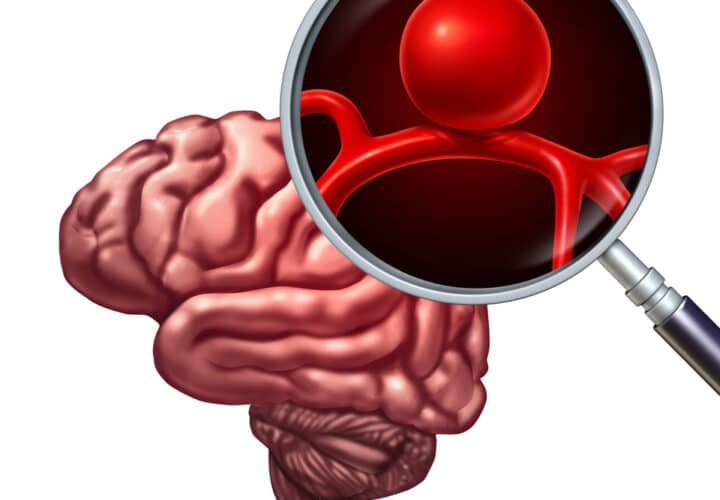Does the herpes virus play a role in Alzheimer’s development? A new study funded by the National Institutes on Aging and led by several top experts in the field has found that two common viruses may be at play in the neurodegenerative disease.
The virus strains, known as HHV-6A and HHV-7, are more common in the brains of people with Alzheimer’s, study authors found. The two virus strains were twice as high in the brains of people with Alzheimer’s as those without.
HHV-6A and HHV-7 are fairly common viruses, especially in children. They can cause a condition known as roseola, a rash that covers the entire body and is accompanied by a high fever. In some people, those viruses travel to the brain, where they lie dormant for decades. Scientists are exploring the idea that a reactivation of these viruses in the brain might jumpstart the processes that lead to Alzheimer’s.
The study backs up a decades-old theory on how brain disease develops that is commonly dismissed. The study authors weren’t looking for viruses in the brain; they were actually looking for new targets for drugs. But when they analyzed the brain tissue of Alzheimer’s patients in comparison to healthy brain tissue, the viruses kept popping up.
“We didn’t set out to find what we found. Not even close,” said co-senior author and geneticist Joel Dudley. “We were trying to find drugs that could be repurposed to treat Alzheimer’s patients, but the patterns that emerged from our data-driven analysis all pointed towards these viral biology themes.”
The good news: If a virus does accelerate Alzheimer’s, antiviral drugs might be able to help. But experts say that while the study does point out a relationship, it falls short of being able to prove that herpes causes Alzheimer’s.
The research doesn’t prove that the viruses actually cause Alzheimer’s—just that an association exists. But what they found supports the idea that viruses like these set off an immune response that might be the cause behind the accumulation of beta-amyloid plaques, which is regarded as the telltale sign of Alzheimer’s and the target of most drug therapies in testing.
“This is the most compelling evidence ever presented that points to a viral contribution to the cause or progression of Alzheimer’s,” said one of the study’s authors, Sam Gandy, M.D., PhD, Professor of Neurology and Psychiatry and Director of the Center for Cognitive Health and NFL Neurological Care at Mount Sinai. “A similar situation arose recently in certain forms of Lou Gehrig’s disease. In those patients, viral proteins were discovered in the spinal fluid of some Lou Gehrig’s patients, and patients with positive viral protein tests in their spinal fluid showed benefit when treated with antiviral drugs.”
This study was published in the journal Neuron.



